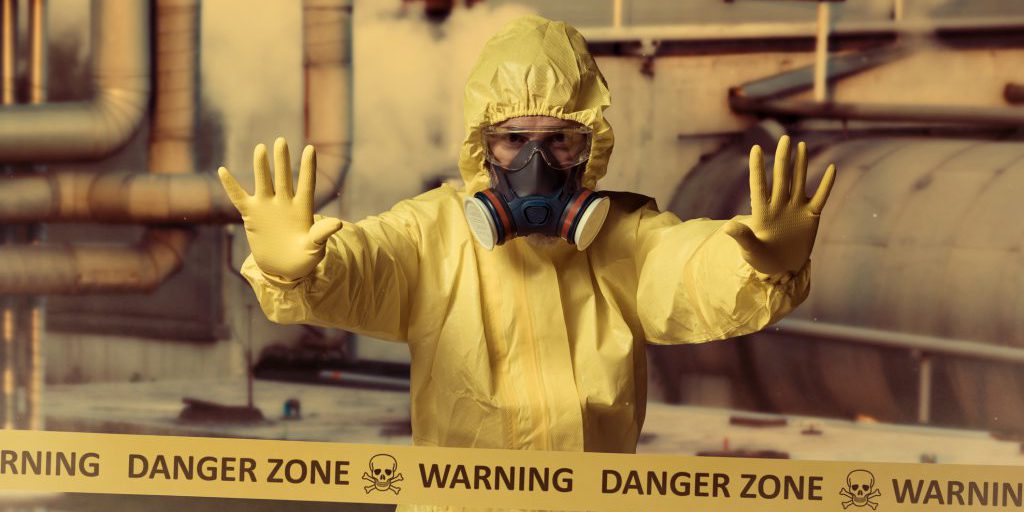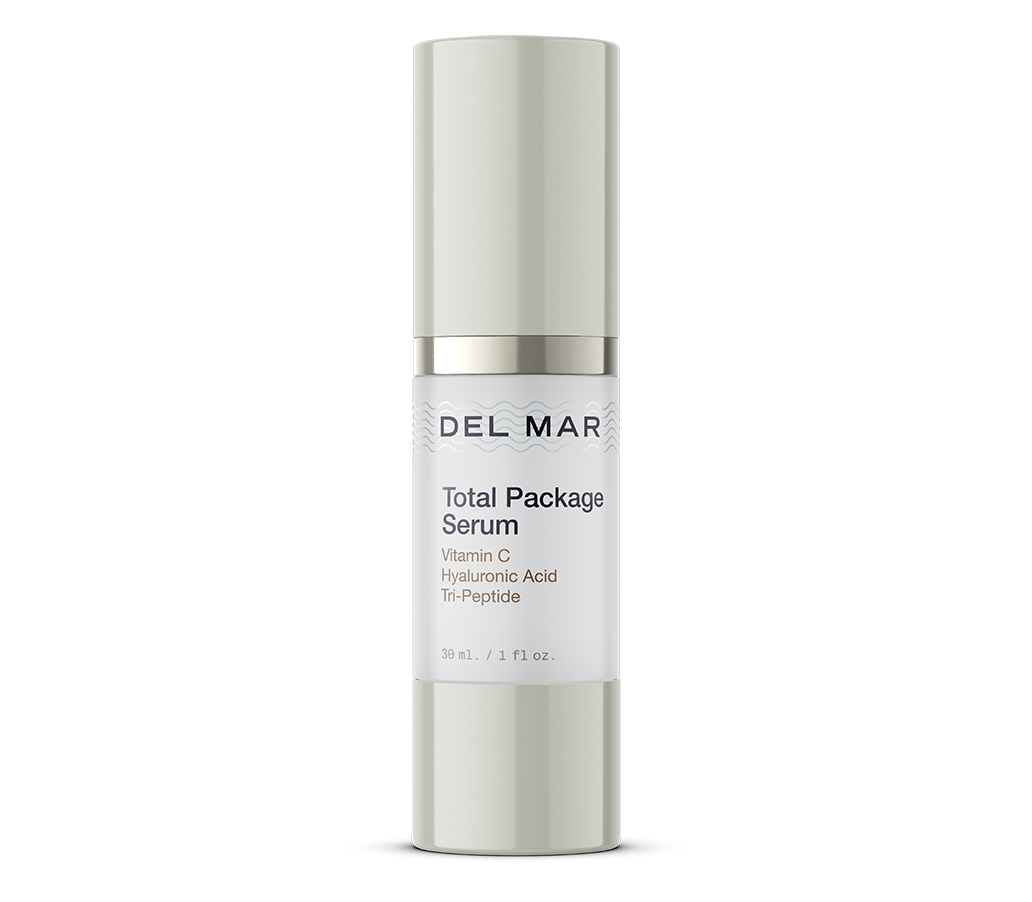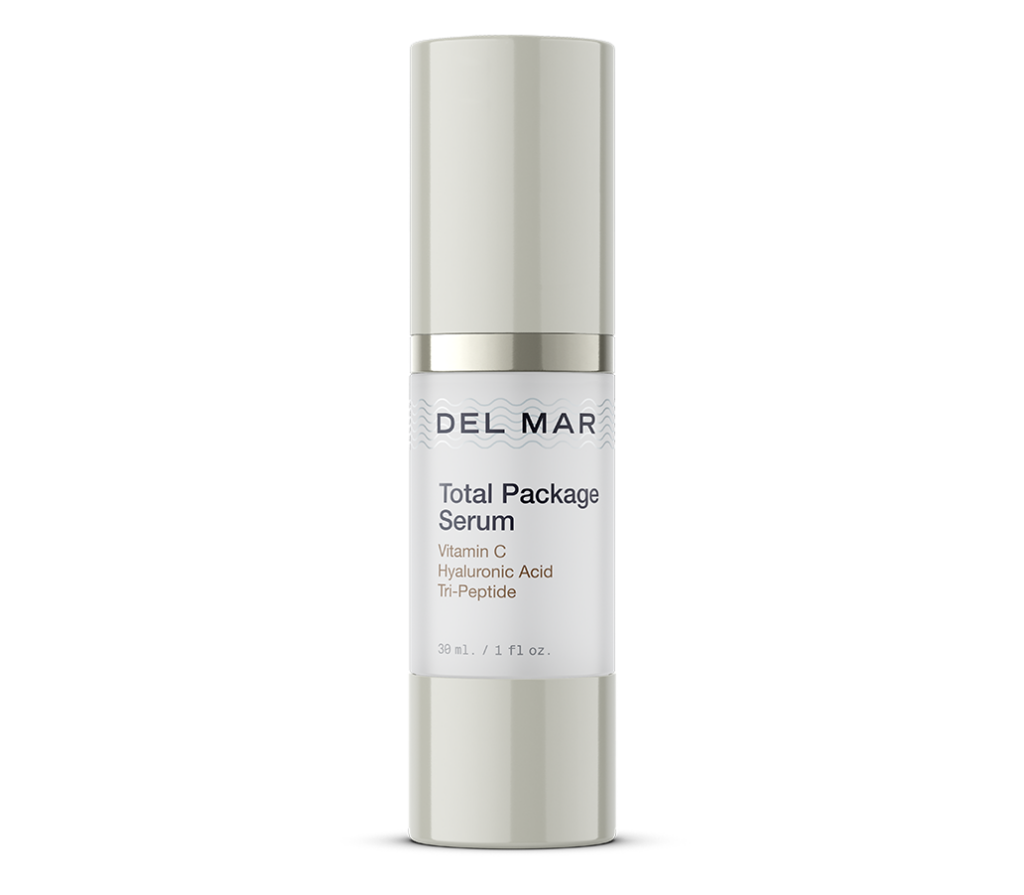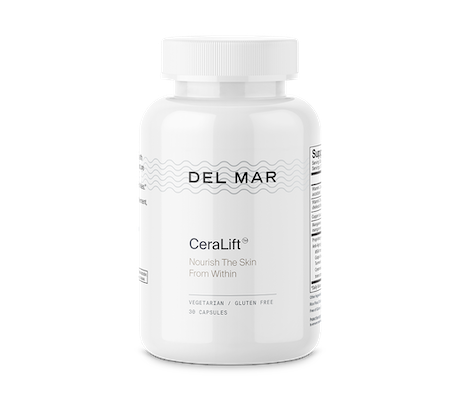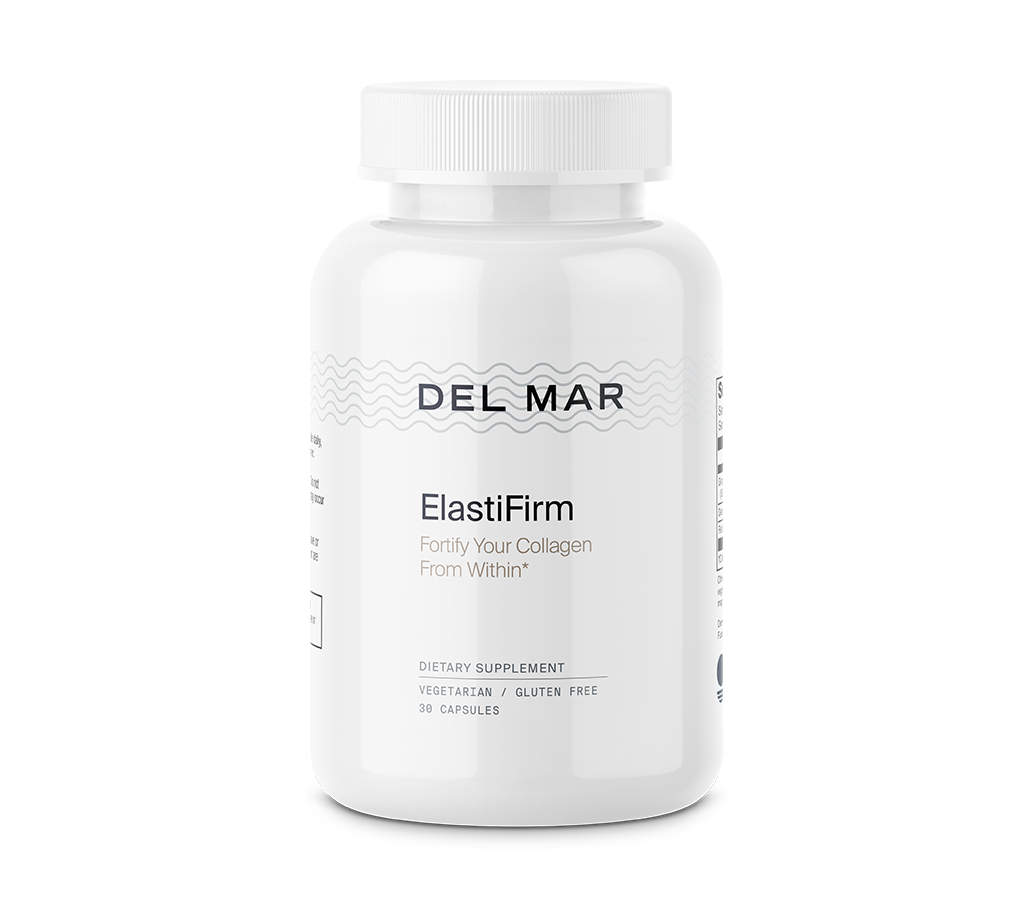Every day each of us comes into contact with countless toxins that can accumulate in our bodies. These toxins can lead to health troubles that range from inflammation and brain fog to more serious illnesses, such as irritable bowel disease and cancer.
Understanding what toxins are and where they come from are important first steps in avoiding the negative health consequences that they can cause long-term.
What is a Toxin?
In conventional medicine, a ‘toxin’ is simply defined as any substance containing drugs or alcohol.1 Yet this definition is incomplete when it comes to compounds that are known to be toxic to the human body. Because of this, a more holistic definition has taken shape in popular culture.
This definition of ‘toxin’ broadens to include compounds that cause harm to the body, including but not limited to:
Heavy metals: these are commonly found in foods, as well as lead paint in older homes.
Chemicals in processed foods: many chemicals in food and food packaging are known to be bad for human health.
Environmental pollutants: vehicles, power plants, manufacturing, and industrial farming are some of the top contributors of pollution.
Pesticides and herbicides: nearly every food you eat is contaminated with high levels of pesticides and herbicides.
Radiation: some radiation can be dangerous, such as if you are living near a nuclear power plant that has experienced an accident or leak.
Cigarette smoke: both first- and second-hand cigarette smoke is extremely toxic to the body.
Other synthetic chemicals: synthetic chemicals are everywhere, from makeup to cookware.
There can even be toxins in the water we drink, such as the fluoride that is in nearly every glass of tap water in the United States.
How Do Toxins Create Damage?
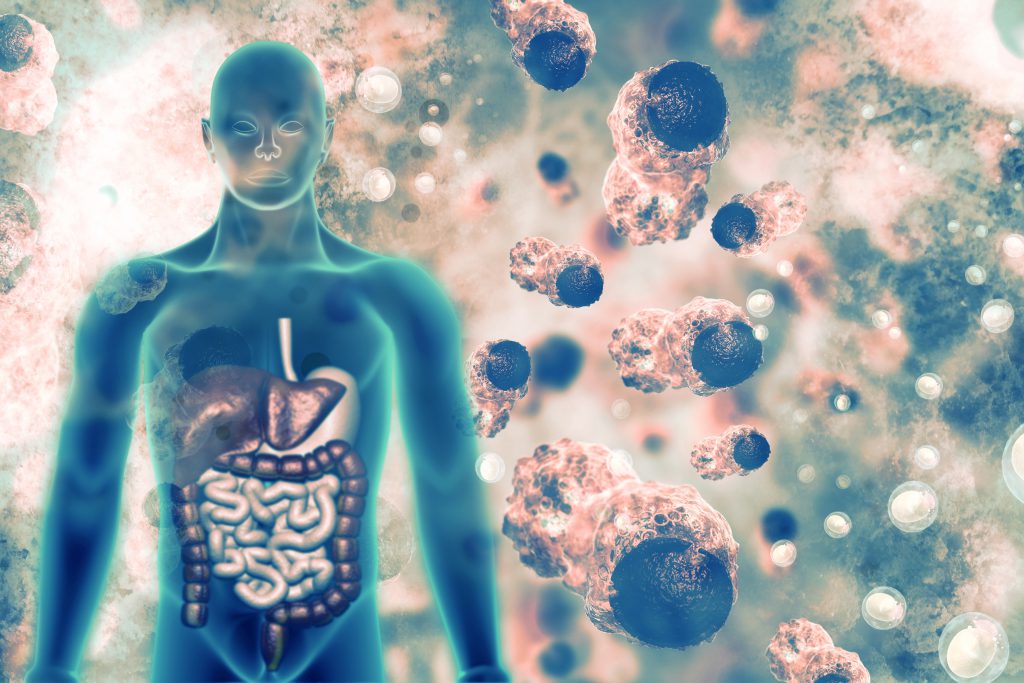
Many synthetic chemicals and heavy metals are known to accumulate in the human body, many of which have been found to be toxic in high doses.1 Even when you are not exposed to high levels of these toxins, they can still cause damage to your cells and impact normal biological functioning. The more toxins that you are exposed to, the higher the risk of detrimental health effects.
The primary way that damage occurs is through a process known as oxidation, which leads to oxidative stress and damage throughout the human body.2 Oxidative damage occurs when there is an imbalance between molecules that create oxidative damage and those that counteract this damage, known as antioxidants.
Reactive oxygen species (ROS) are the oxidizing molecules that are to blame for oxidative damage.
In the modern world, we experience excessive exposure to toxic chemicals, combined with very little consumption of antioxidant-rich foods like fresh fruits and vegetables. In this type of setting, the ROS and oxidative damage rule.
While you may not know much about oxidative damage, you have likely heard of chronic inflammation and the abundant mood and health problems that it is implicated in. Oxidative damage and chronic inflammation are intimately tied, with inflammation-promoting oxidative stress, and oxidative stress prolonging inflammation.
70% of autoimmune diseases are thought to be due to environmental factors
Long-term imbalances in oxidation and antioxidants, and the resultant inflammation, can lead to conditions such as joint pain and arthritis, fertility problems, diabetes, obesity, and even damage to our brains and cognitive function. This type of damage is thought to accelerate the aging process and is linked to cardiovascular disease, dementia, and Alzheimer’s disease.
These are not the only conditions that are linked to exposure to toxins. 70% of autoimmune diseases are thought to be due to environmental factors, one of which is toxic chemical exposure.3
Exposure to Toxins
Most of our exposure to toxic chemicals is a direct result of global industrialization.1
With well over 80,000 chemicals currently in use in the United States and the European Union (EU) and over 2,000 new chemicals introduced each year in the US alone, it is currently impossible for regulation to keep up with the creation and use of these chemicals.
Of these 80,000 chemicals, only 12,600 have been registered in the EU. And the US is even less careful than the EU when it comes to chemical exposure. This leaves the responsibility on us as individuals to do the best we can to both avoid these toxins and to build up our defenses, using natural techniques to protect our health and well being.
It is important to know where you may be coming into contact with the most toxins in your daily life. There are many ways that you can be exposed to harmful toxins – some of the most common are detailed below.
What You Eat and Drink
Some foods are far worse than others when it comes to exposure to toxic chemicals. Certain foods are known to be packed full of toxic chemicals that you should avoid.
Additionally, what you drink can either add to this problem or help to mitigate it. Even what your food is packaged or heated in can impact your exposure.

Medications You Use and Drugs You Take
Prescription medications, over-the-counter drugs, and recreational drugs add to the buildup of toxic chemicals in your body.
Where You Live
The first thing that likely comes to mind when you think about the way in which where you live impacts your exposure to chemicals is probably whether or not you live in a city. Cities tend to have much higher pollution levels, however, this is not the only thing that can increase your exposure to dangerous chemicals.
Do you know the history of where you live, or if you live near a nuclear energy facility? Some towns and cities are built over or near toxic dump sites, runoff from which can leak into the water that you drink. There are other places that have been subject to man-made disasters, such as oil spills and nuclear energy leaks (think of the infamous Hiroshima disaster or Exxon Valdez oil spill).
Your Career
What you do for work is huge when it comes to the level of toxins that you are exposed to. Some jobs that increase your exposure to toxins include:

Firefighter – many of the firefighters who helped during the collapse of the World Trade Center came down with illnesses that were thought to be due to their exposure to high levels of polychlorinated biphenyls during the fire.1
Factory workers – some factories produce materials that can be harmful even for those who just use them periodically, and the impact on the employees in these factories tends to be greater still. One such population is people who work in plastic factories.
Carpenters and Construction Workers – lead paint was used for decades across the United States, and those who remove it are required to be certified in its removal. However, that does not reduce their risk to zero. Additionally, there are other chemicals found in drywall and carpet fibers, whose dust these workers frequently inhale.
Miners – working in a mine is unfortunately very bad for your lung health and the overall health of your body and mind. Coal mines in the United States are one of the most common work locations that cause excess exposure to toxins every day.
While there are too many jobs to list that can increase your exposure to harmful toxins, this list can provide you with a framework to see if your job may be increasing your exposure.
Your Habits and Daily Life

Do you run inside at a gym that uses an air filter, or outside along the side of a busy highway?
What types of products do you buy at the store — do you buy whatever is cheapest or do you concentrate on buying things like makeup and cleaning supplies that are all-natural? There are endless paths that toxic substances can take to make their way to your body.
Closing Thoughts
Understanding what toxins are and where they come from is the first step to being able to protect the health of yourself and that of your family. Only once you know what they are and how they harm your health are you able to come up with an intellectually-based detox plan for maximum benefit.
